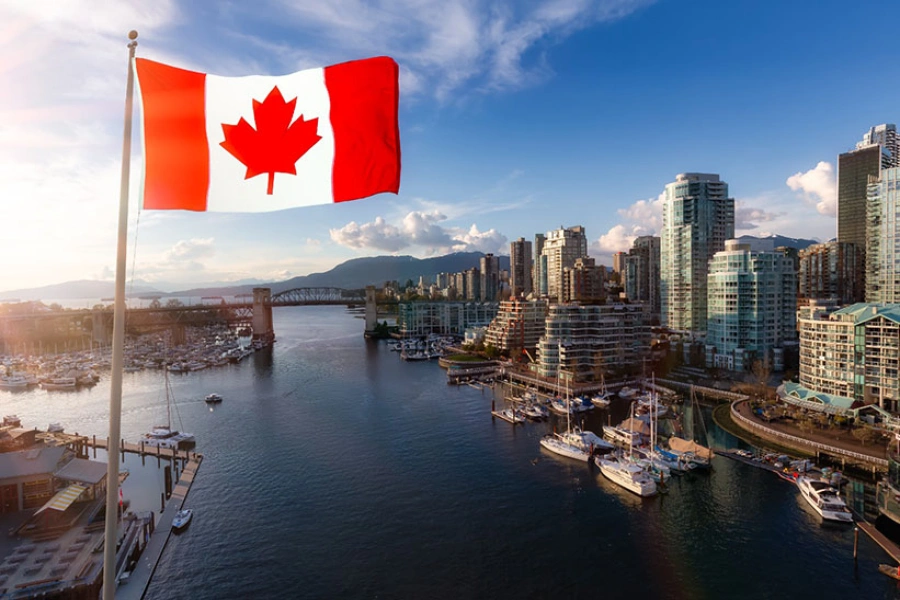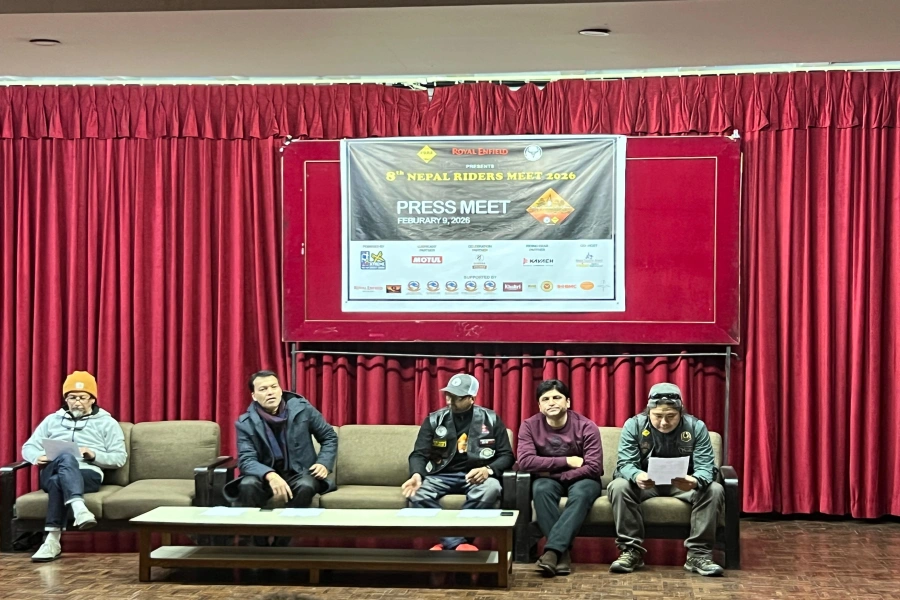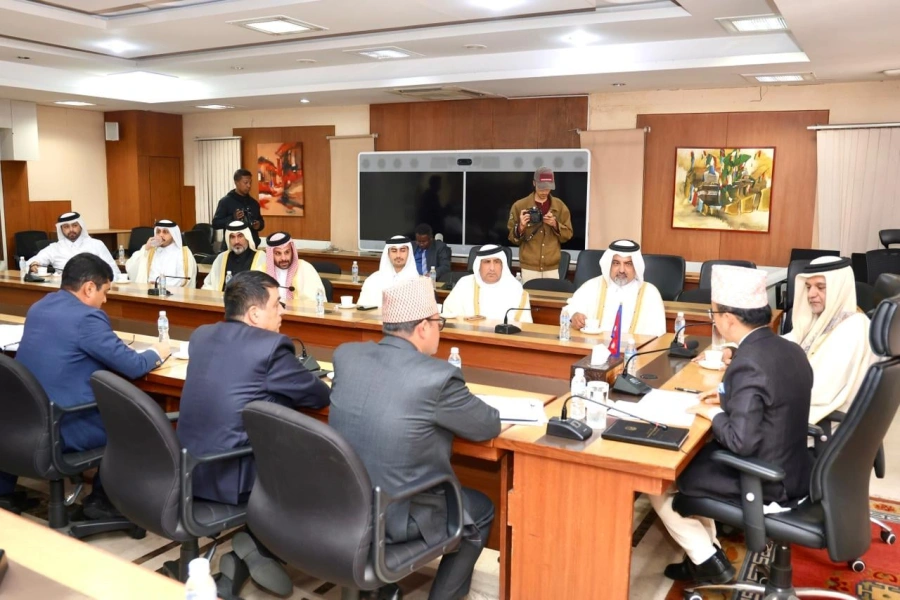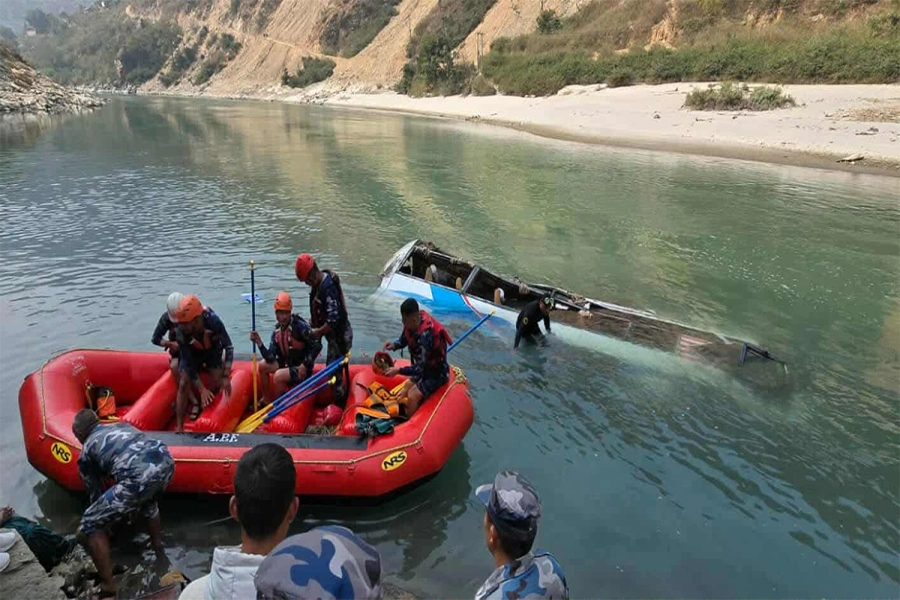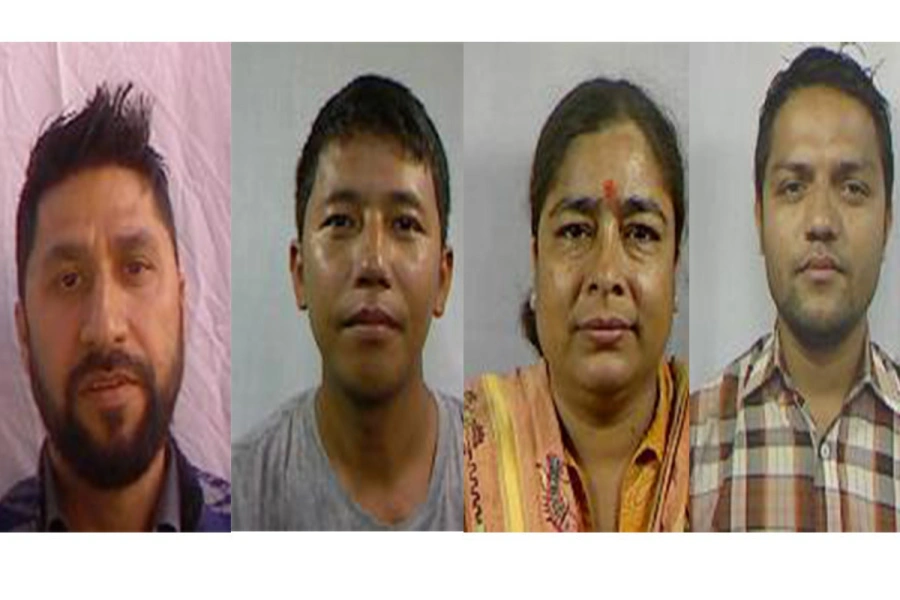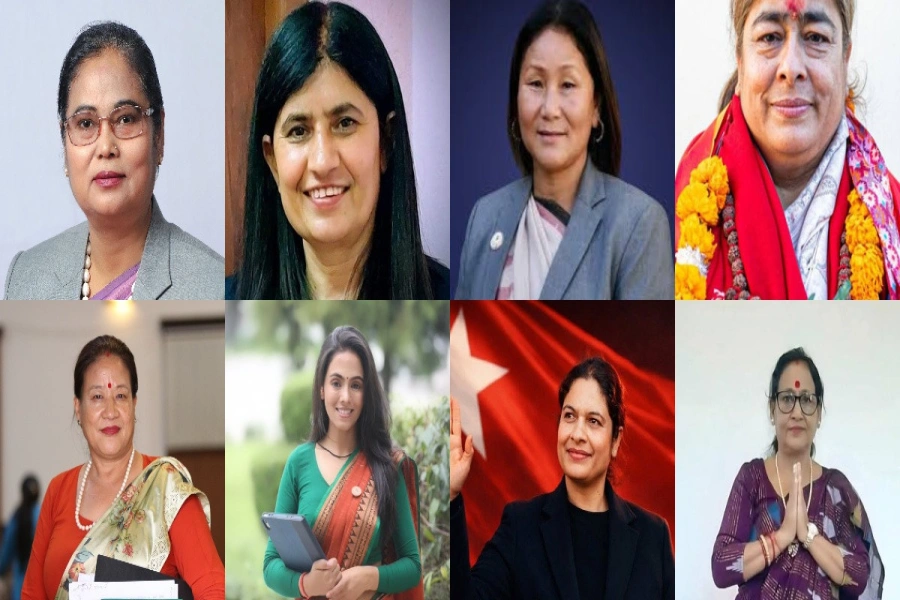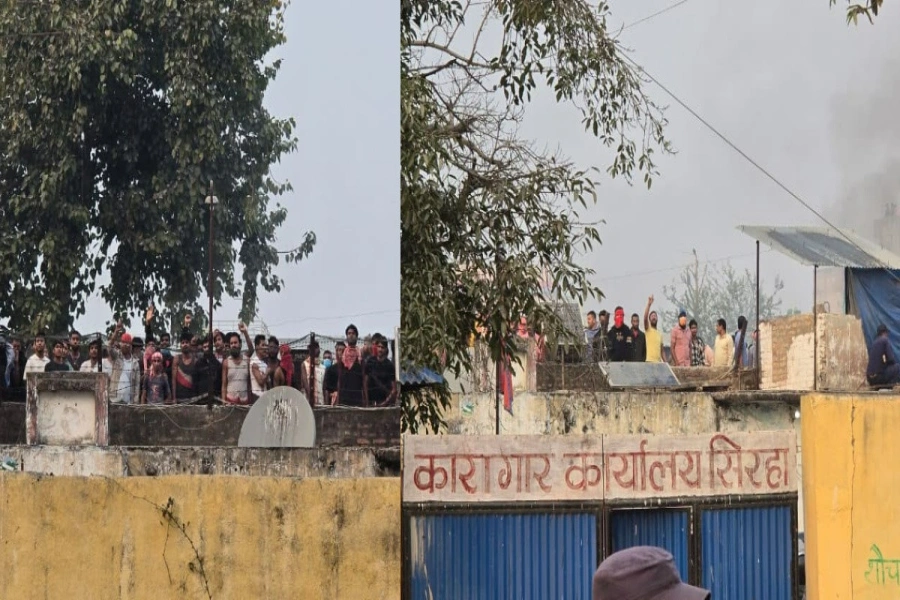KATHMANDU, July 23: A week has passed since UML Chairman KP Sharma Oli ascended into the post of country's executive head with the support of the Nepali Congress (NC). PM Oli also secured a vote of confidence in the House of Representatives (HoR) on Sunday. Members of the council of ministers have carried out tasks such as forming their secretariat and obtaining general information about the ministries.
Except for veteran Finance Minister Bishnu Paudel, who has already served as Finance Minister many times, the ministers who are new to their roles seem confused about their responsibilities and where to start. There is still a crowd at the residence and ministry to welcome the veterans and newcomers with garlands and shawls. The ministers say that they cannot refuse the garlands, shawls, and well-wishes of the supporters as they come with hope, faith, and trust. A minister said that such activities consume so much time that he has not been able to focus on more important works.
Another minister said that although most of the ministers have great aspirations, they have not started working. “The ministry is temporary, but friends are forever. I can feel the responsibility, but I have not been able to focus on work by avoiding friends,” said the minister requesting anonymity. Those who come to offer their best wishes have been troubling the ministers by asking about the longevity of the current ruling coalition. Some ministers just laugh it off, while others promise to stay together regardless of whether the ruling coalition remains intact. But some ministers even counter the well-wishers with the question, “What do you think, how long will this cooperation last?”
This coalition formed between the UML and the NC on July 1 is based on a seven-point agreement. On this same basis, Oli was appointed as the PM on July 14 and took oath of office and secrecy as the PM for the fourth time on July 15. The government formed by the two biggest parties in the HoR has brought hope to the people. However, there is a sense of suspicion and fear among the ministers as well as ordinary citizens that the same issues might arise again due to the ups and downs in the ruling coalition over the 18 months since the election in November 2022.
Early setback for left alliance as Bhattarai decides to quit

In the past, the UML and the NC stood together when the country was going through bad times. Based on that precedent, not only the leaders and cadres of the NC and the UML but also ordinary citizens are optimistic that the current coalition will last for a long time. However, the fate and future of this coalition lies more in the hands of UML and its chairman, PM Oli, than the NC.
In the past, most of the governments formed by the NC and the UML together were led by the NC. After the 1990 People's Movement, an interim government was formed under the leadership of Krishna Prasad Bhattarai, and in 1998, a government led by Girija Prasad Koirala. Both governments were formed with the support of the UML. After the 2006 movement, another government was formed under the leadership of Girija Prasad Koirala. After the elections for the second Constituent Assembly in 2013, the government led by Sushil Koirala promulgated the constitution. Those governments were also supported by the UML.
After the army chief incident in April 2009, a government was formed under the leadership of Madhav Kumar Nepal based on a proposal of the NC. The current government led by Oli is the only other instance where the NC supported the UML. This time, the proposal to form the NC-UML coalition also came from Chairman Oli. Leaders close to NC President Sher Bahadur Deuba claim that it was the NC that offered the prime ministership to the UML based on Oli's proposal for the two parties to work together.
Those close to Deuba believe that as long as the UML and its chairman Oli are honest, the NC will remain committed to the current alliance.
NC leaders say that the current situation is a result of Maoist Center’s dishonesty. If the UML is honest in its agreement signed on July 1, the NC and the UML alliance will last until the 2028 general elections.
NC believes that economic development, good governance, and some amendments to the constitution are necessary to make the country more prosperous. For this, the power-sharing parties, particularly the UML and chairman Oli are expected to change their style of functioning. After the general election of 2017, the UML and Maoist Center had nearly a two-thirds majority. However, due to the inability to manage internal party disputes, Oli attempted to dissolve the HoR twice.
As the head of the government and the party, it was Oli’s weakness for not being able to coordinate within the party and gain the trust of the leaders. Due to his failure to manage internal party disputes, no one supported Oli’s unconstitutional move to dissolve the parliament. Oli was angered by Dahal and Nepal for their opposition and for causing the party split. Some analysts believe that Oli formed an alliance with the NC with a sense of revenge against them.
If that is the case, Oli will be prepared to continue the current coalition and run the government with the two parties until the upcoming election. In such a situation, in the 2027 elections, the UML and the NC will compete head on with each other like they did in 2017 and 2022, without the support of any fringe parties, including the Maoist Center. By then, if the NC-UML coalition remains, it will be challenging for most leaders of the Maoist Center to turn the election results in their favor. Additionally, the newly formed CPN (Unified Socialist) after splitting from CPN will face challenges in maintaining its existence.
Questions are being raised whether Oli joined the coalition with NC out of a sense of revenge against Maoist Center and the CPN (Unified Socialist) or to attain power for immediate gain. If the coalition and the seven-point agreement between the UML and the NC were solely for immediate power, a rift between the two parties might occur within 6 to 8 months. Similar to the past, Oli may again propose left unity with Maoist Center Chairman Dahal. Two years later, Oli will raise the issue of left unity rather than an election government led by Deuba. Oli will lead the government with the support of the Maoist Center and other parties until the elections.
Some parties, including the Maoist Center, will gain political relief. Just like in the 2017 general elections, UML will ally with the Maoist Center and other communist parties to keep the NC at bay not only in the federal parliament but also in provincial and local elections. There are two lines in the UML regarding left unity and the two-party polarization. Whether Oli harbors a desire for left unity or seeks revenge against the Maoist Center and the CPN (Unified Socialist) will determine the fate and future of the current coalition.




